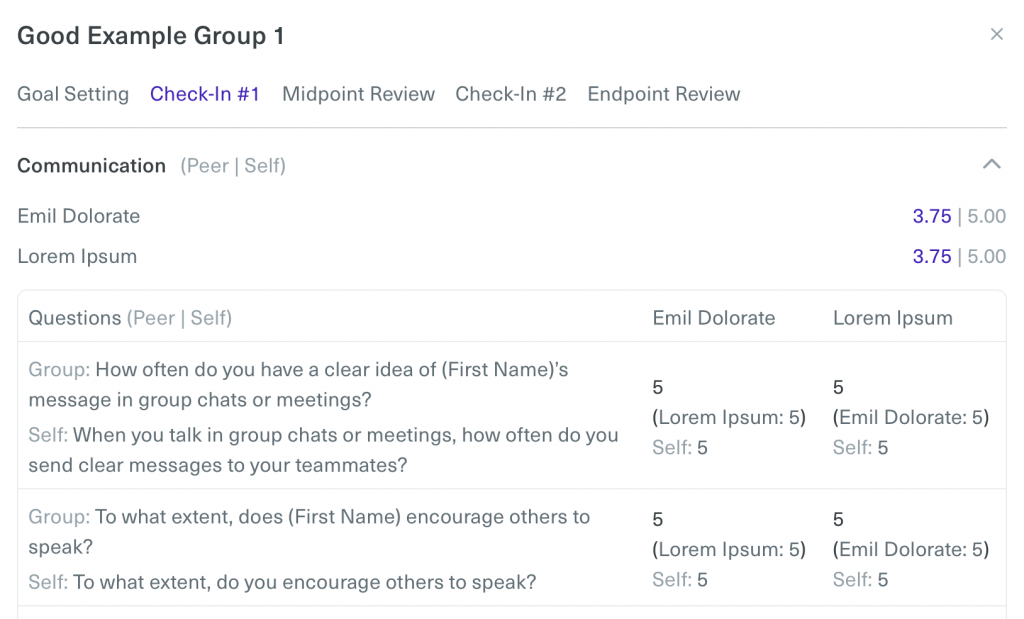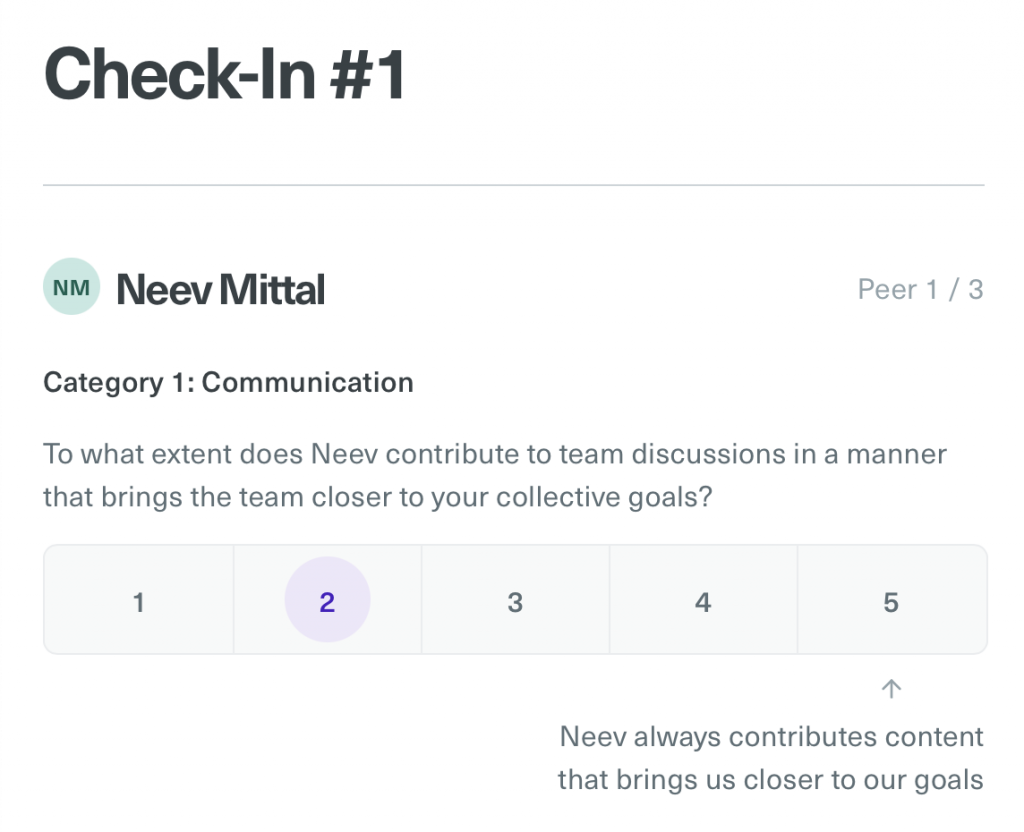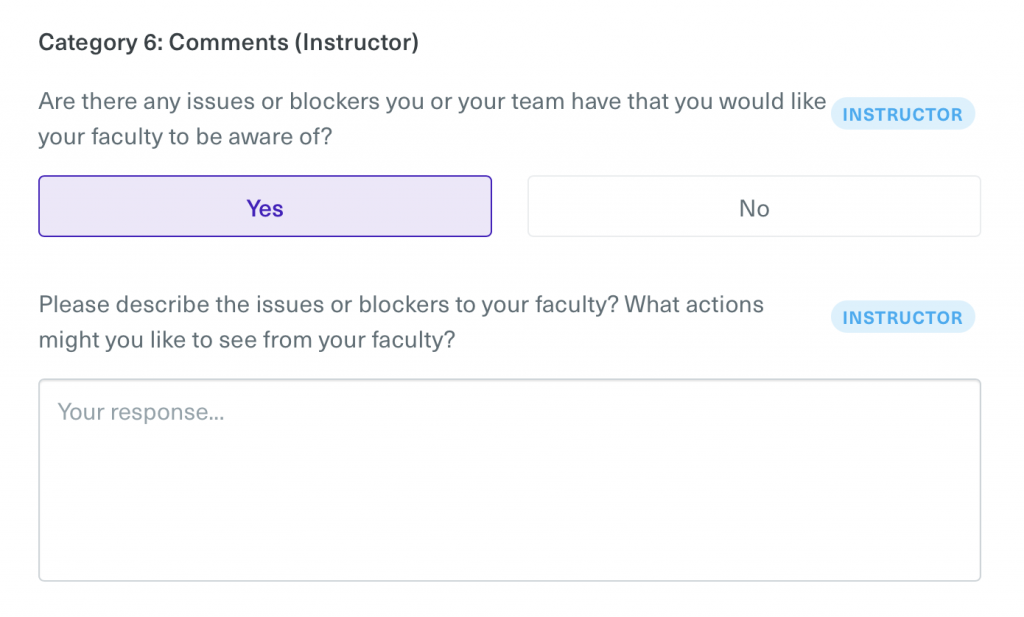Stay up to date on upcoming events, deadlines, news, and more by signing up for our newsletters!
Every week, the NYU Entrepreneurial Institute elects a Startup of the Week. We invite the founders of these startups to share a blog post with our community. These posts can be inspirational, educational, or entertaining.
This blog post was written by student blog contributor Koko Xu (Courant '25), based on an interview with Neev Mittal (Courant '22), co-founder of CoStudy.
Group projects are like NYU roommate assignments - they can go great or be traumatic. Working in a group for a class is almost always stressful from the beginning: scrambling to meet people, working around different academic standards, coordinating among different personalities… The only thing gluing it all together is communication.
“Communication in the classroom is very important,” says Neev Mittal, Cofounder of CoStudy, “it affects how much we get out of our education.” Communication is a skill that’s hard to learn from textbooks. Instead, it needs to be practiced and refined in everyday life through interactions. The classroom is where a lot of interactions happen for us students, and Neev believes that there is a lot of room for improvement.
Neev is a Senior at NYU Courant majoring in Math and Computer Science, with a double minor in Business and Economics. Before NYU, Neev spent his freshman and sophomore years at Boston University. “I’m an international student from India, ...[and] I came to the States for education,” says Neev, “...It’s especially important for me to make the most out of my time here.” Neev felt like he wanted to be prepared for life after graduation, not just learn the material in the classroom. He spoke with his friends, who felt the same way, and they decided to start CoStudy.
CoStudy is a platform for professors who teach experiential teaming courses that allows them to teach and measure collaborative learning outcomes with customizable surveys and peer evaluations. Neev co-founded CoStudy with his friends Brock, Henry, and Wyatt at BU back in 2019. “The inception of the idea was really driven by the fact that we really wanted to make the most of our college education,” Neev explains, “and have our education be really driven towards what comes after college.” However, Neev and his friends had little clue what they wanted CoStudy to be back then.

“We started off actually as a scheduling app,” explains Neev, “...you know, one of those hundred million apps that are out there.” This was around the time when Neev decided to transfer to NYU, and when he did, he applied to the NYU Entrepreneurial Institute’s Startup Sprint program. “It really changed everything for us,” recalls Neev, “...we learned how to evaluate a business idea, …[and] we completely ripped apart what we already had.” After some more pivots and adjustments, CoStudy was able to find its place in the vast EdTech space.
Today, CoStudy solves two problems in the classroom. For the professor, CoStudy provides an easier way to send out peer evaluations than, say, making a Google Form. The evaluation questions are carefully designed by psychology experts, but they’re also customizable to the professor’s objectives. For the students, getting anonymous feedback from their peers helps them improve their soft skills and work more smoothly with group members in the future.
On the CoStudy website, a professor would first create a course. An invite link would be generated, and the professor would send out the link to the students to join the course. The professor puts the students in their respective groups and distributes peer evaluations throughout the semester. Data generated from the evaluations are presented to the professor and the students in a user-friendly manner, as opposed to extracting a spreadsheet from google form results.
In the summer of 2020, Neev and his co-founders participated in the Summer Accelerator Program at BU. In the process, they built out a very simple MVP and got two professors to do a pilot for the fall semester. By the spring semester of 2021, CoStudy was conducting beta testing with 21 professors across nine universities. This fall semester, CoStudy has departmental contracts with Indiana University-Bloomington and Boston University, as well as individual professor contracts from Carnegie Mellon University, UC Berkeley, Oklahoma State University, and more.

“It’s a very sticky product,” emphasizes Neev, “once professors have used it for a class, they’ve never gone back to Google Forms.” This is due to the idea that when students have to answer questions about communicating, they can’t help but think about how to communicate better. In fact, a comparative study done by Boston University’s College of Communication found that classrooms using CoStudy as the peer evaluation platform versus Google Forms have statistically significant better group-project outcomes and student participation.
This is a key component of CoStudy’s business model. CoStudy signs departmental contracts annually, usually ranging from $10-25k a year. Once they’re signed, it’s very likely that the school will be a recurring customer for the next three to five years and beyond. Furthermore, the product is likely to spread from department to department, expanding organically within the school. The same phenomenon occurs with individual contracts with professors. “Professors have school budgets for classroom applications,” Neev explains, “if they find [CoStudy] useful, they’re likely to bring it to the department and sign a larger contract.” Professors are currently paying $100-$300 per semester for all their classes.
Neev is in charge of growth and sales at CoStudy, so he spends a lot of his time cold-emailing professors and taking feedback from them. “The sales cycle is really year-round,” Neev notes, “which is surprising because I thought it would be mostly around summer and winter break.” Neev found that most professors are on nine-month contracts, and they don’t actively prepare for a course unless it’s a brand new class. This means that professors aren’t checking emails over the summer and they only adjust the syllabus if there’s a major problem. Reaching out to professors during the fall semester to get them to sign up for CoStudy in the spring, for example, is actually a lot easier to achieve.
CoStudy is currently focusing on making the platform more autonomous, as well as creating some marketing channels to help with growth and sales. But the low CAC and high LTV nature of CoStudy’s business model, combined with the low overhang cost of the product itself, makes CoStudy an extremely scalable business. Neev hopes to dominate the group work evaluation space in a few years, but that’s not the end goal. “The goal is not only to get a better grade on that group project,” Neev restates, “we want to see a difference in student learning outcomes after the class.”

The team at CoStudy believes that communication and teamwork should be a byproduct of learning, and they’re working hard to make college education more valuable for everyone. All of us will have to do at least one group project in our college careers, CoStudy can make those Bobst meetups fruitful experiences where communication is constantly improved throughout the semester, rather than awkward weekly standoffs between you and your Chemistry lab partners.
If you’re a professor interested in signing up for a free semester of CoStudy, reach out to Neev at nm3185@nyu.edu!







